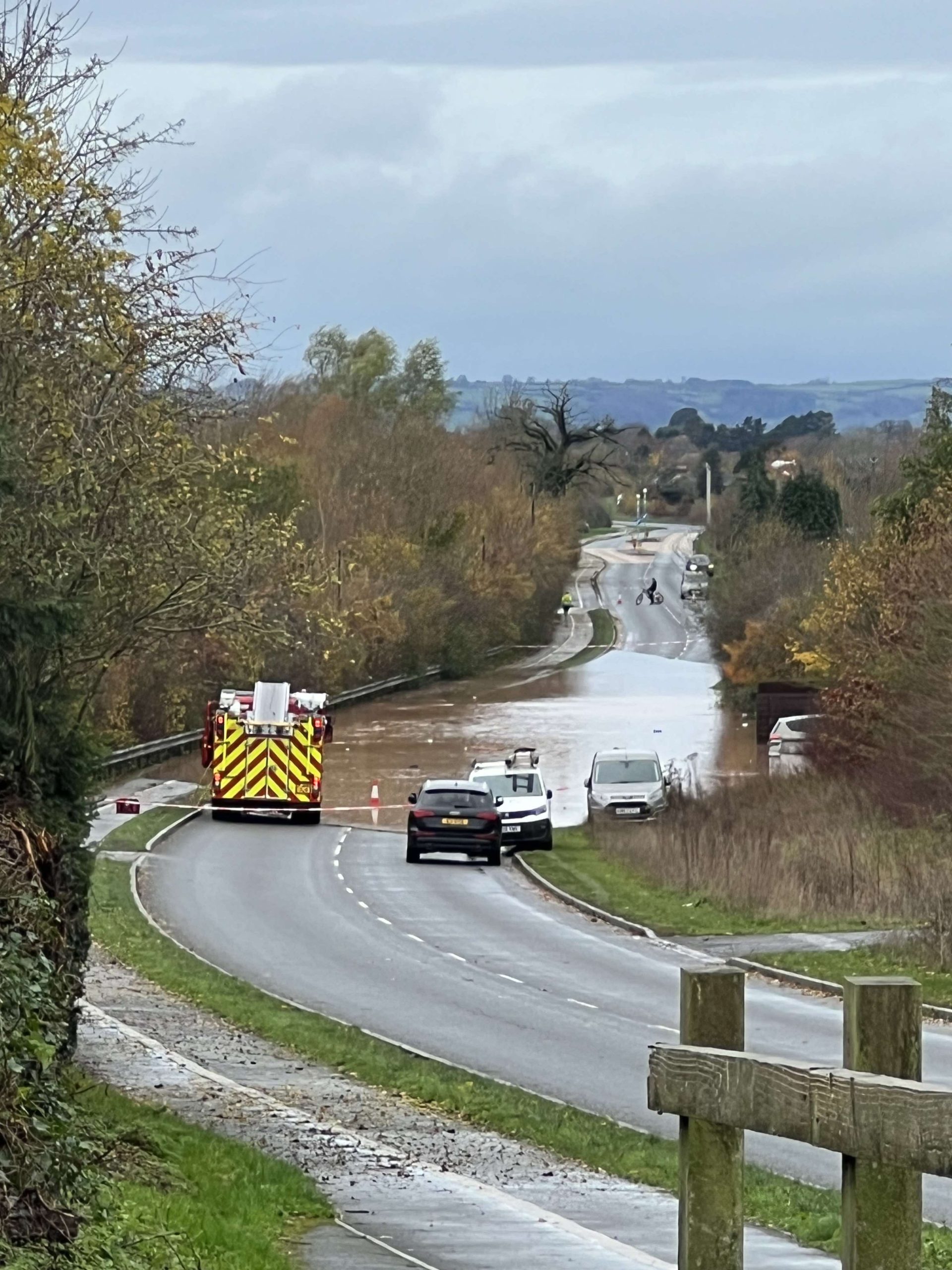It’s fast approaching Bonfire Night and many of us will be looking forward to setting off fireworks in our back gardens this year with many organised events cancelled due to the ongoing COVID-19 pandemic.
However, people with Post Traumatic Stress Disorder (PTSD) can often develop difficulties with sounds such as an exaggerated startle response, fear of sound (phonophobia), aversion to specific sounds (misophonia), and a difficulty in tolerance and volume of sounds that would not be considered loud by normal hearing individuals (hyperacusis). These issues with sound are are why many PTSD sufferers find this time of year a real problem. The root cause: fireworks.
It’s not a fear of the fireworks, but a large component of the startle response is ‘the unexpected’ and although hypervigilance may cause a PTSD sufferer to be ‘on alert’ at all times, the sudden, sharp sounds of fireworks can be incredibly problematic to them. Combat Stress, a veterans’ mental health charity, reported a 9% rise in calls to their 24-hour helpline in November 2013, compared with the rest of the year.
An assault survivor may be startled and frightened by the sudden bang of fireworks, the explosive sounds, flashes of light and smell of gun powder may trigger unwelcome memories for some veterans, or a person with PTSD from a natural disaster may mistakenly interpret the fireworks as the sound of another natural disaster.
If you struggle with the noise from fireworks, you may want to have some techniques for relaxation ready just incase. It may be that you don’t have an immediate affect from fireworks, but they may increase or bring about nightmares.
It’s a difficult topic however, as PTSD sufferers certainly wouldn’t expect fireworks to be stopped, it’s simply about being courteous to those around you. Many PTSD sufferers won’t have told their neighbours necessarily, but having advanced knowledge of a fireworks display near to them can help allow them to better prepare and cope with any symptoms they may experience.
Suffering with PTSD? You can find further support by visiting – https://www.ptsduk.org/remember-remember-those-with-ptsd/

